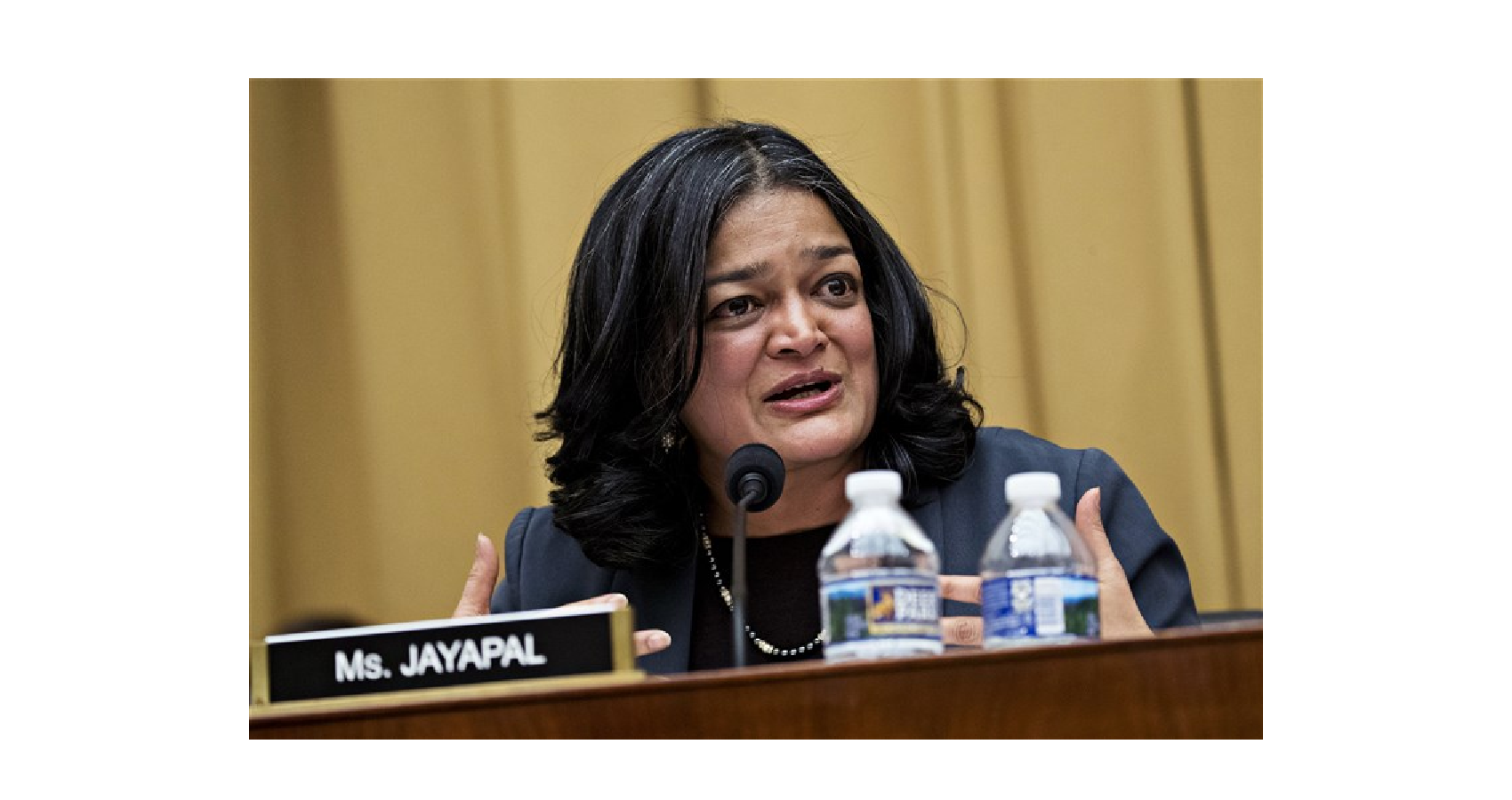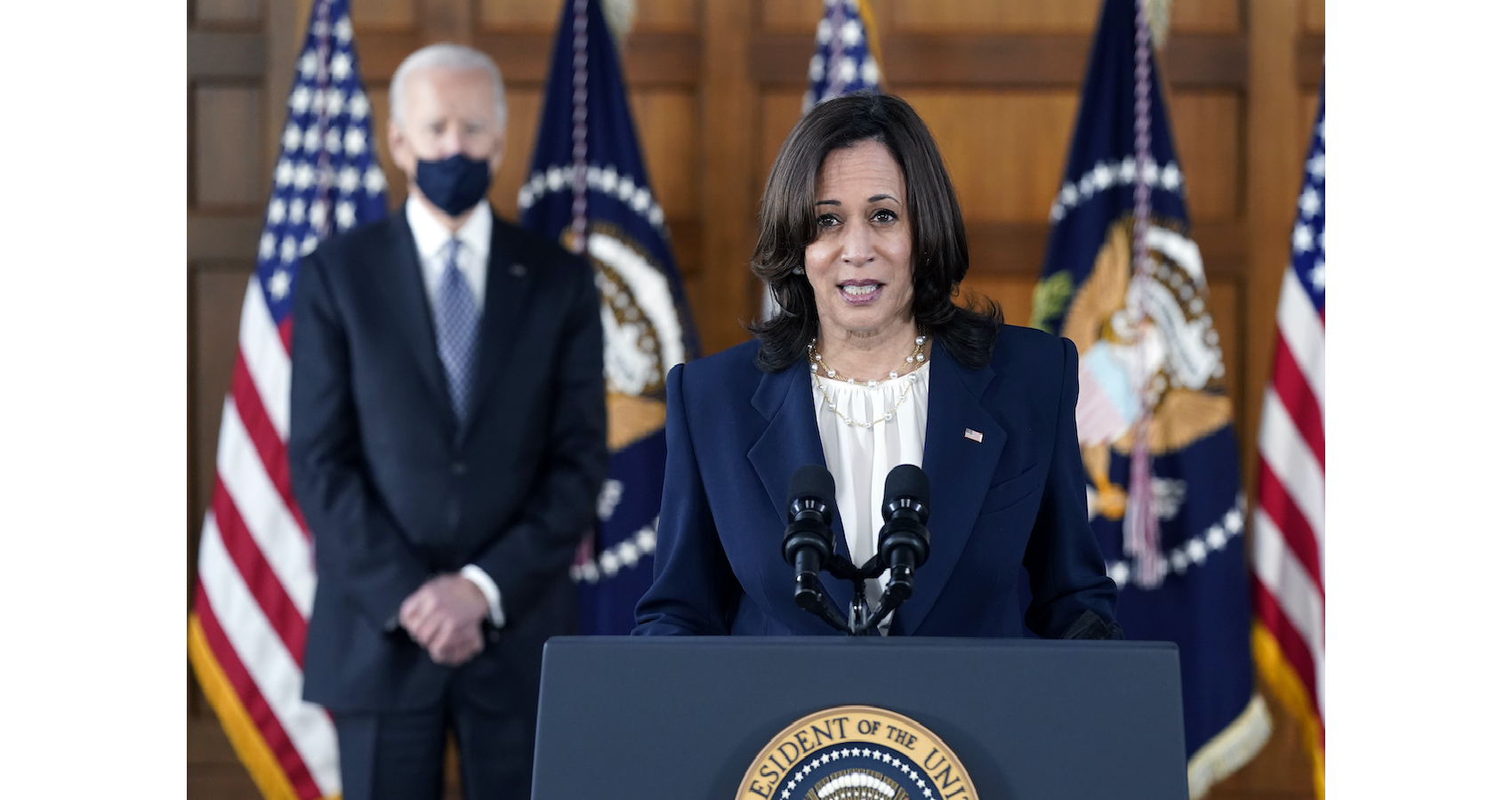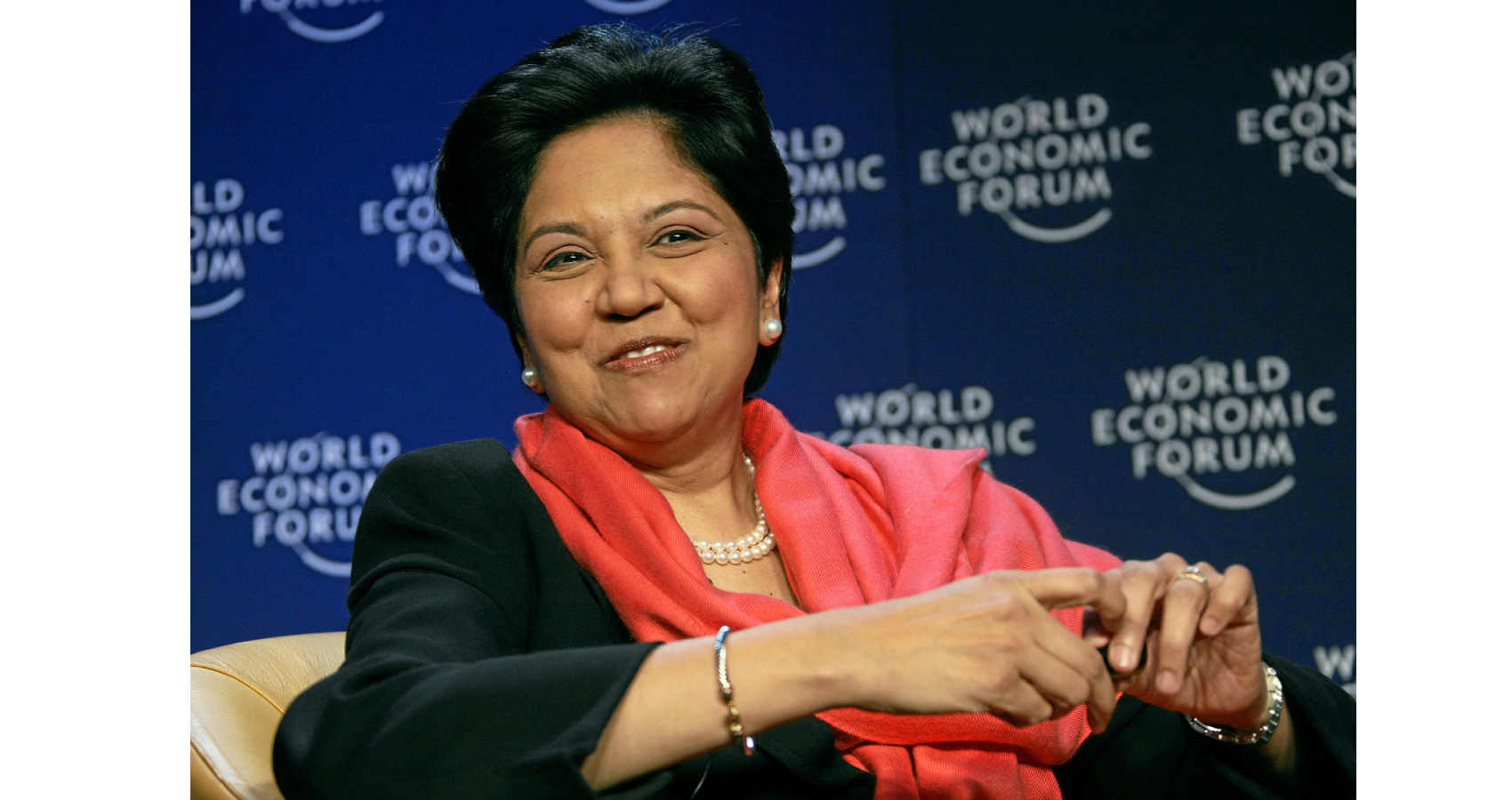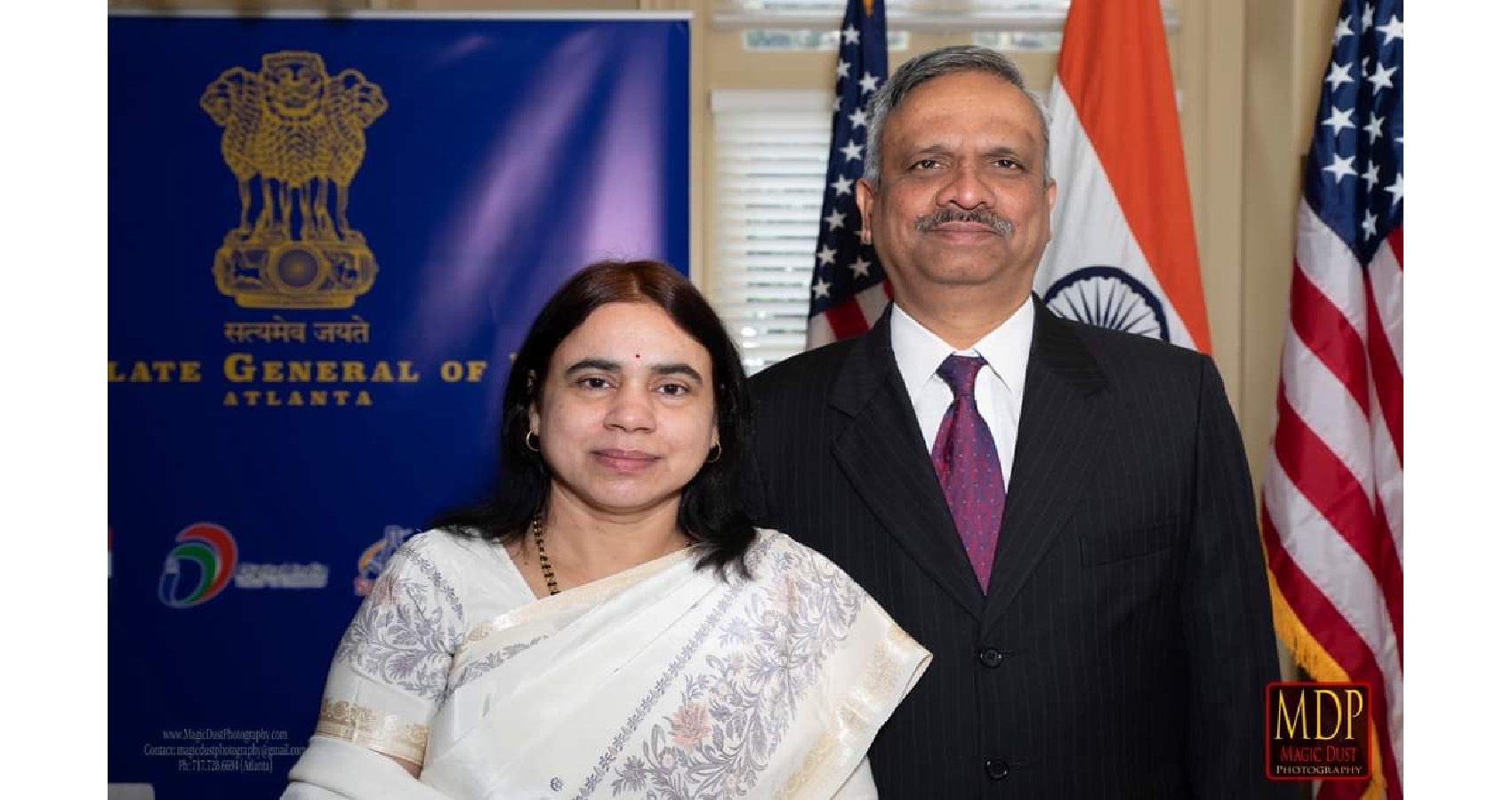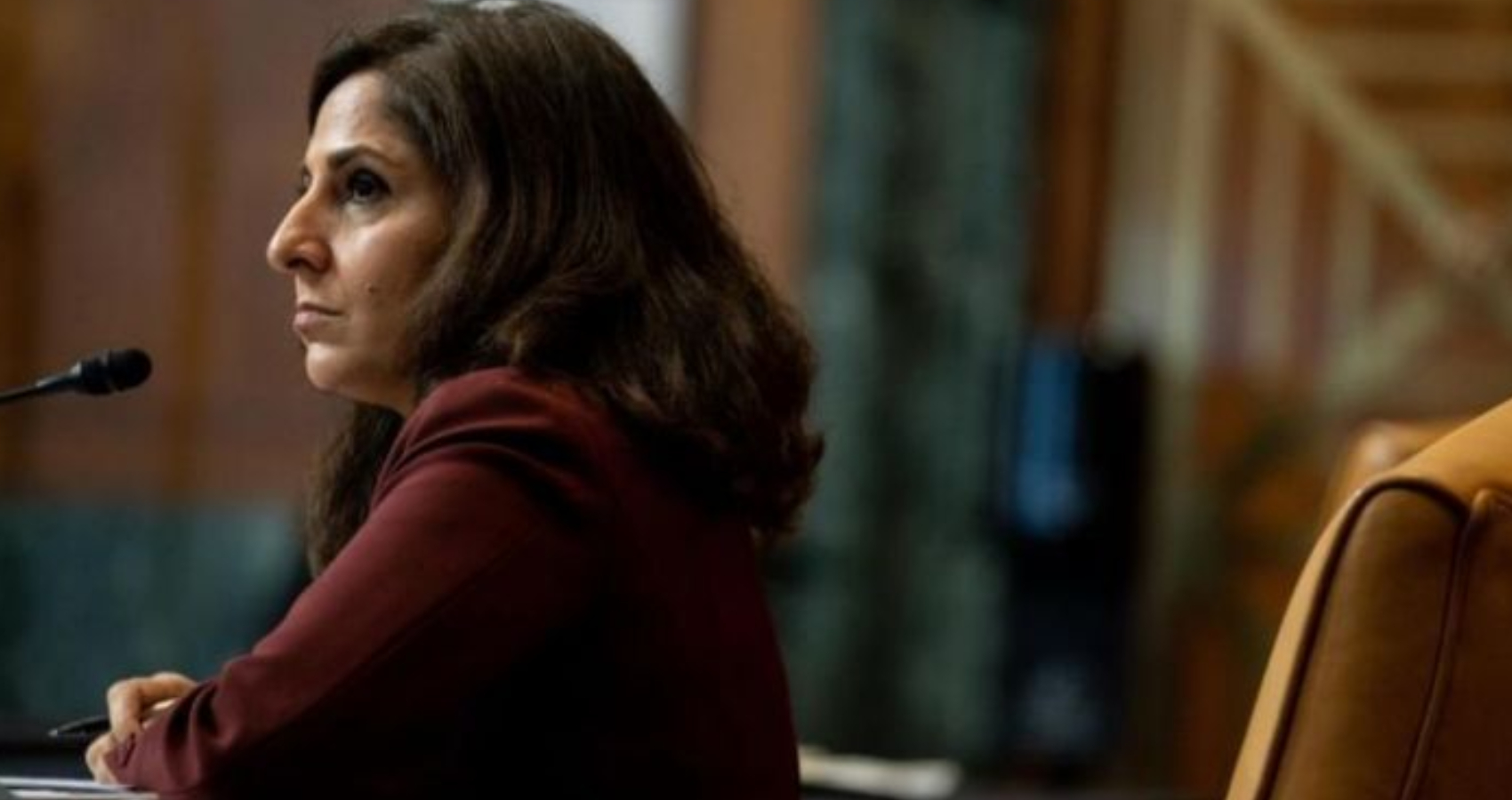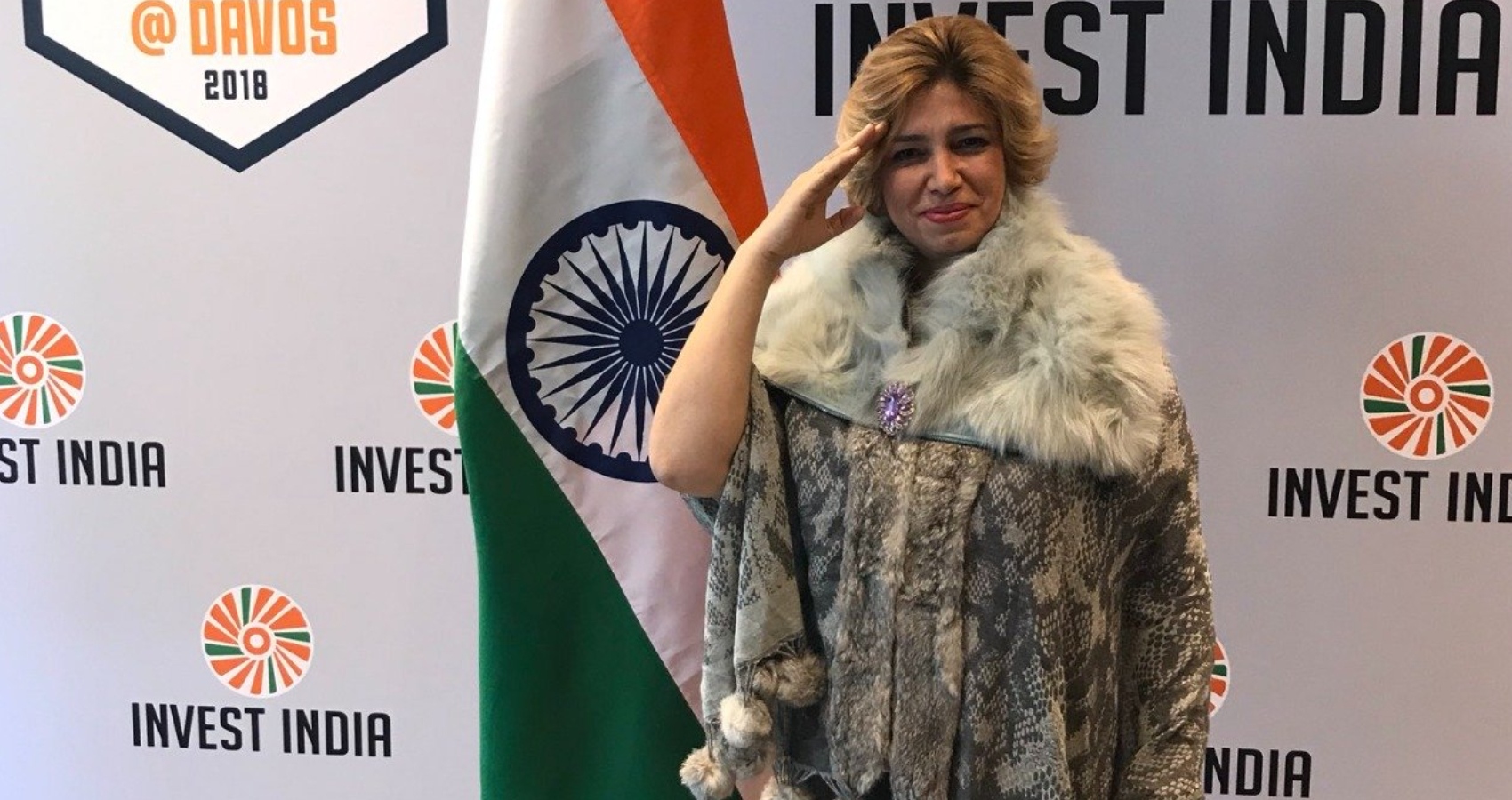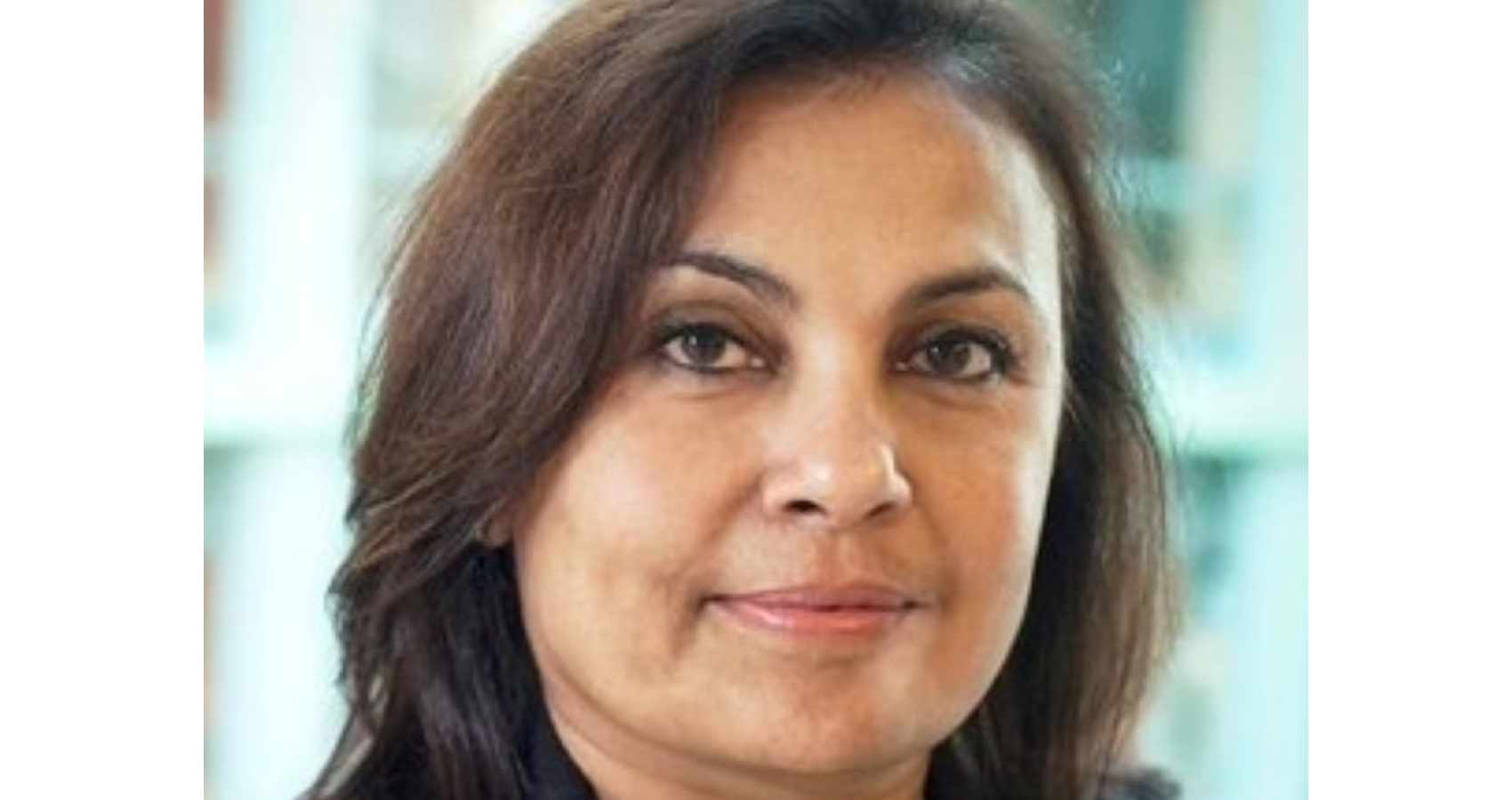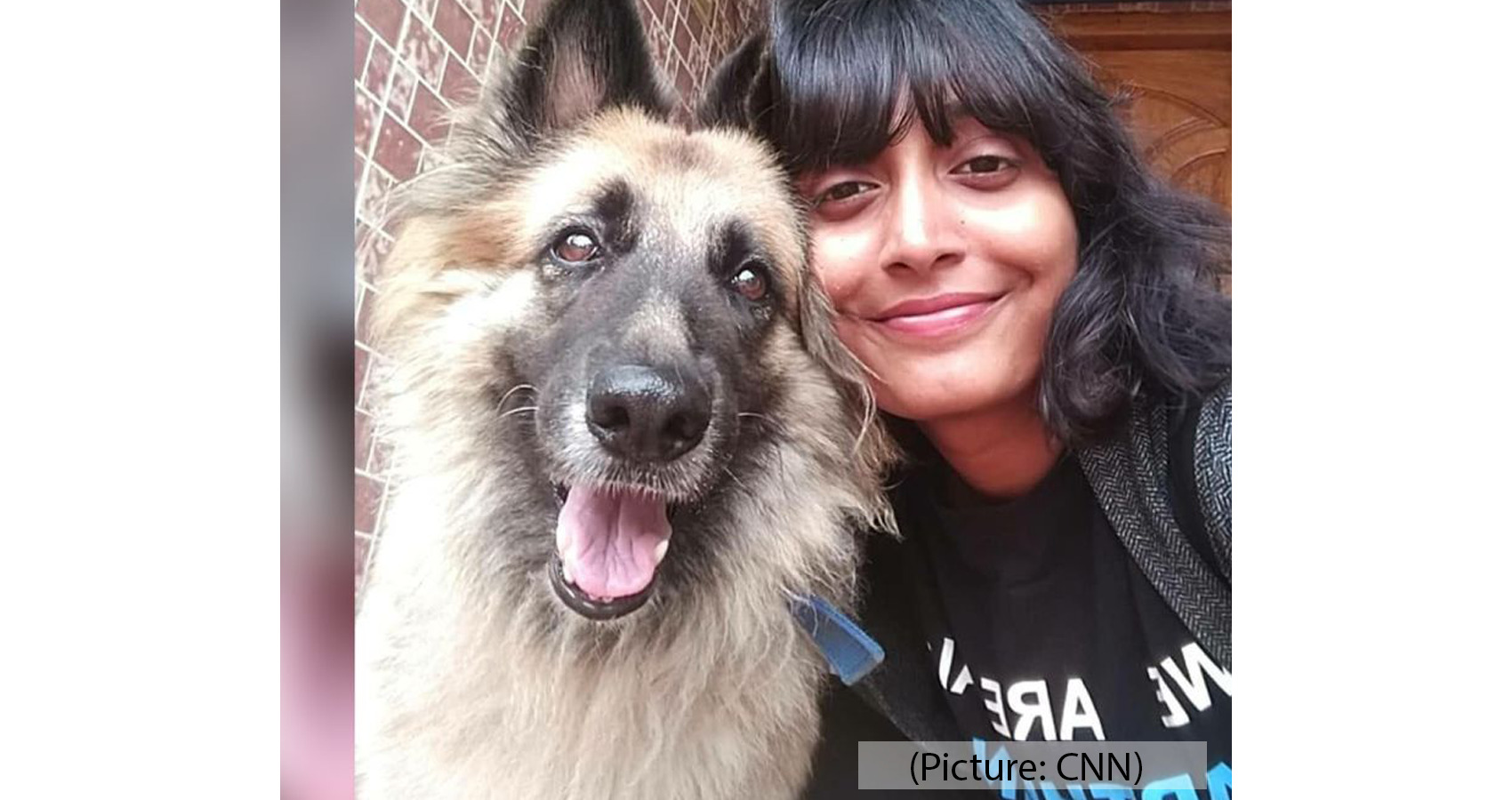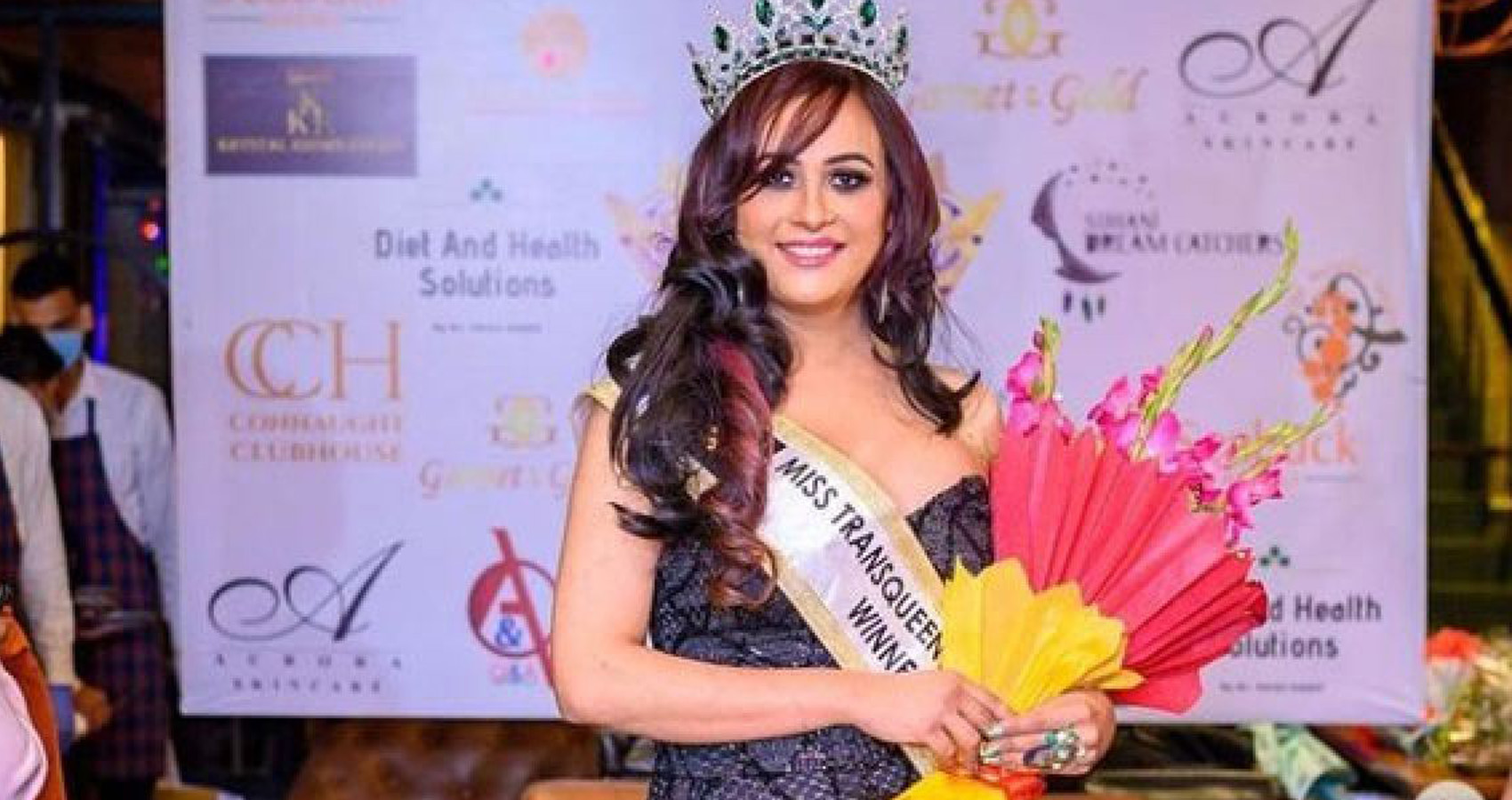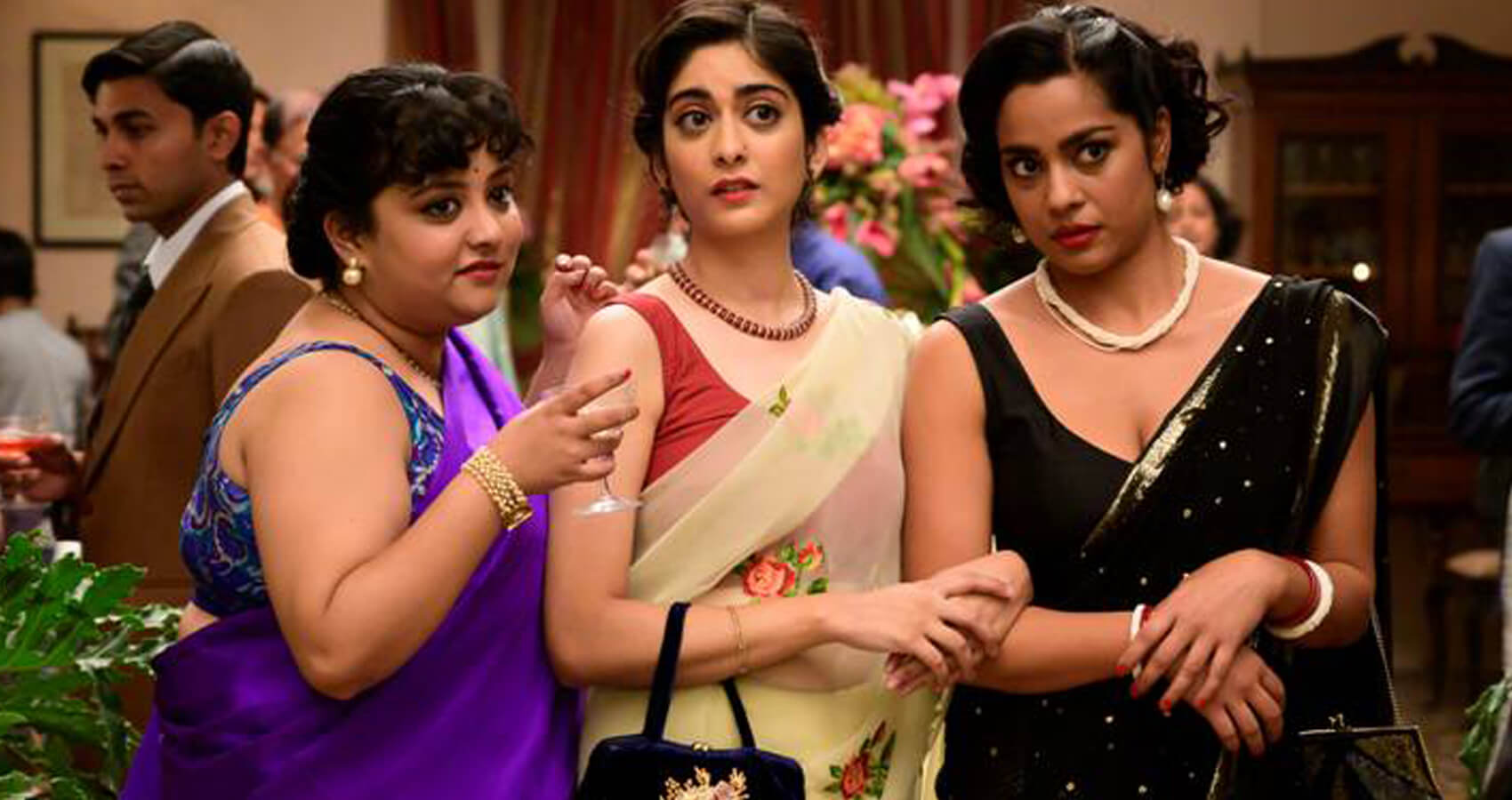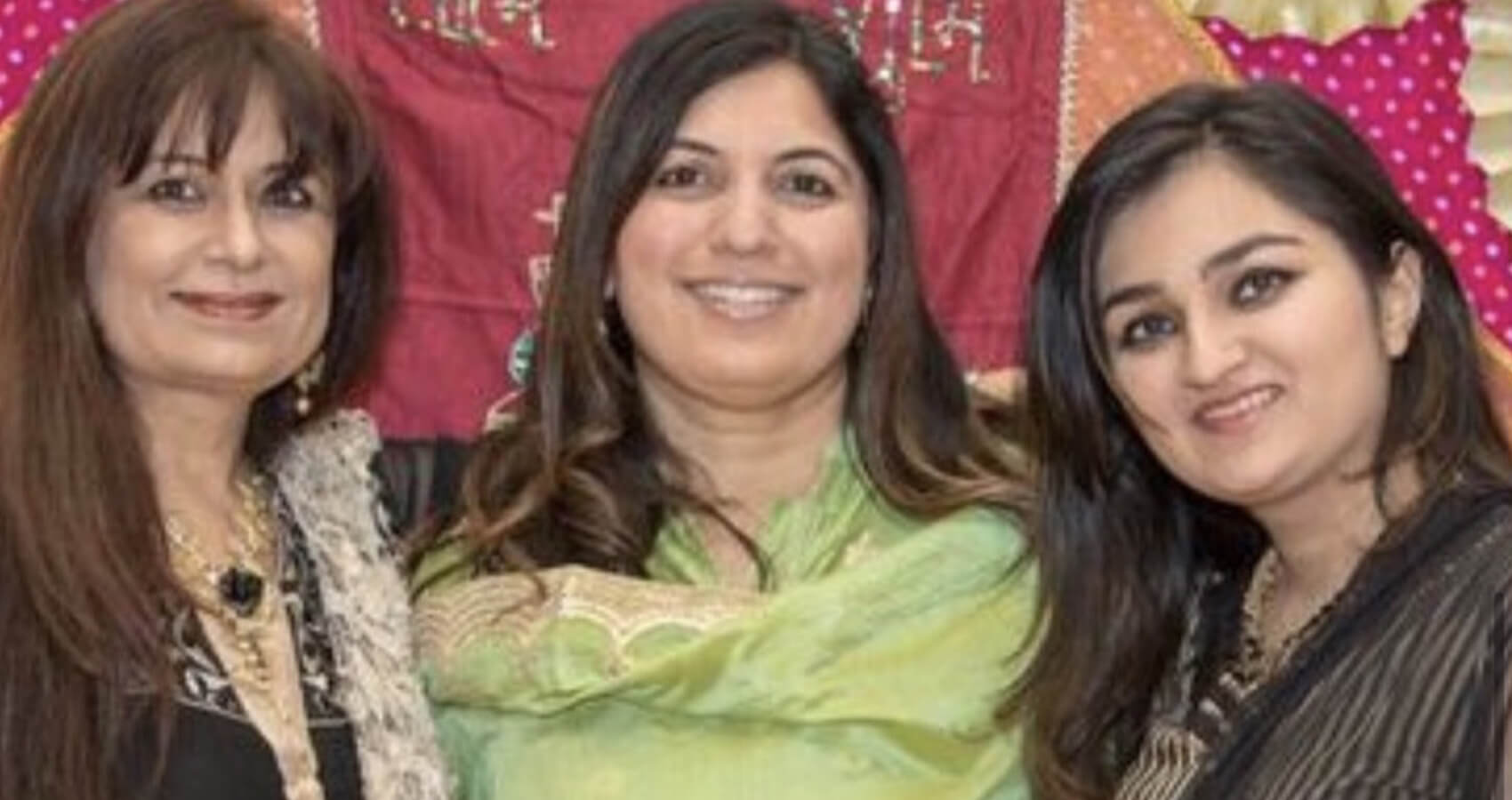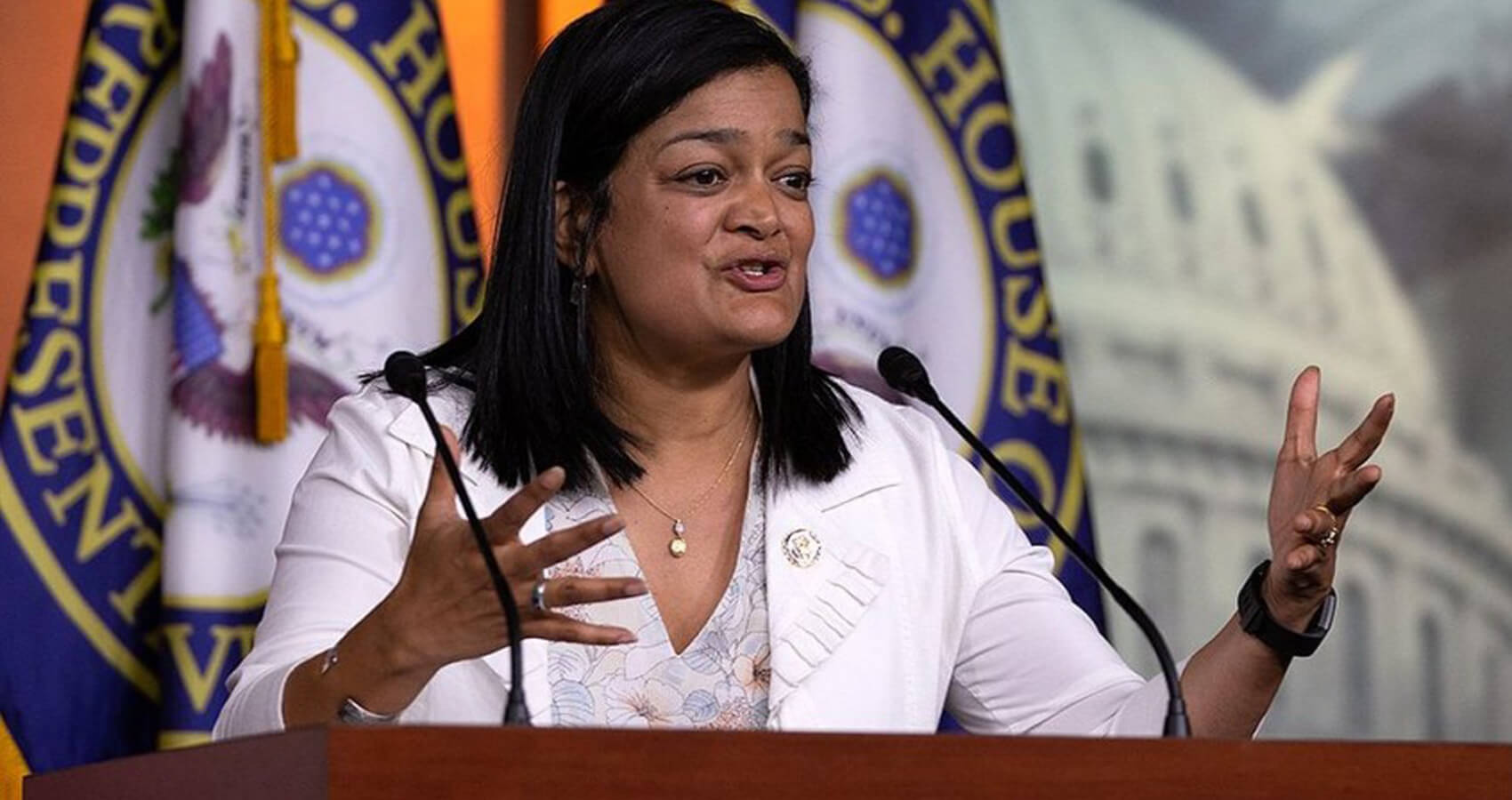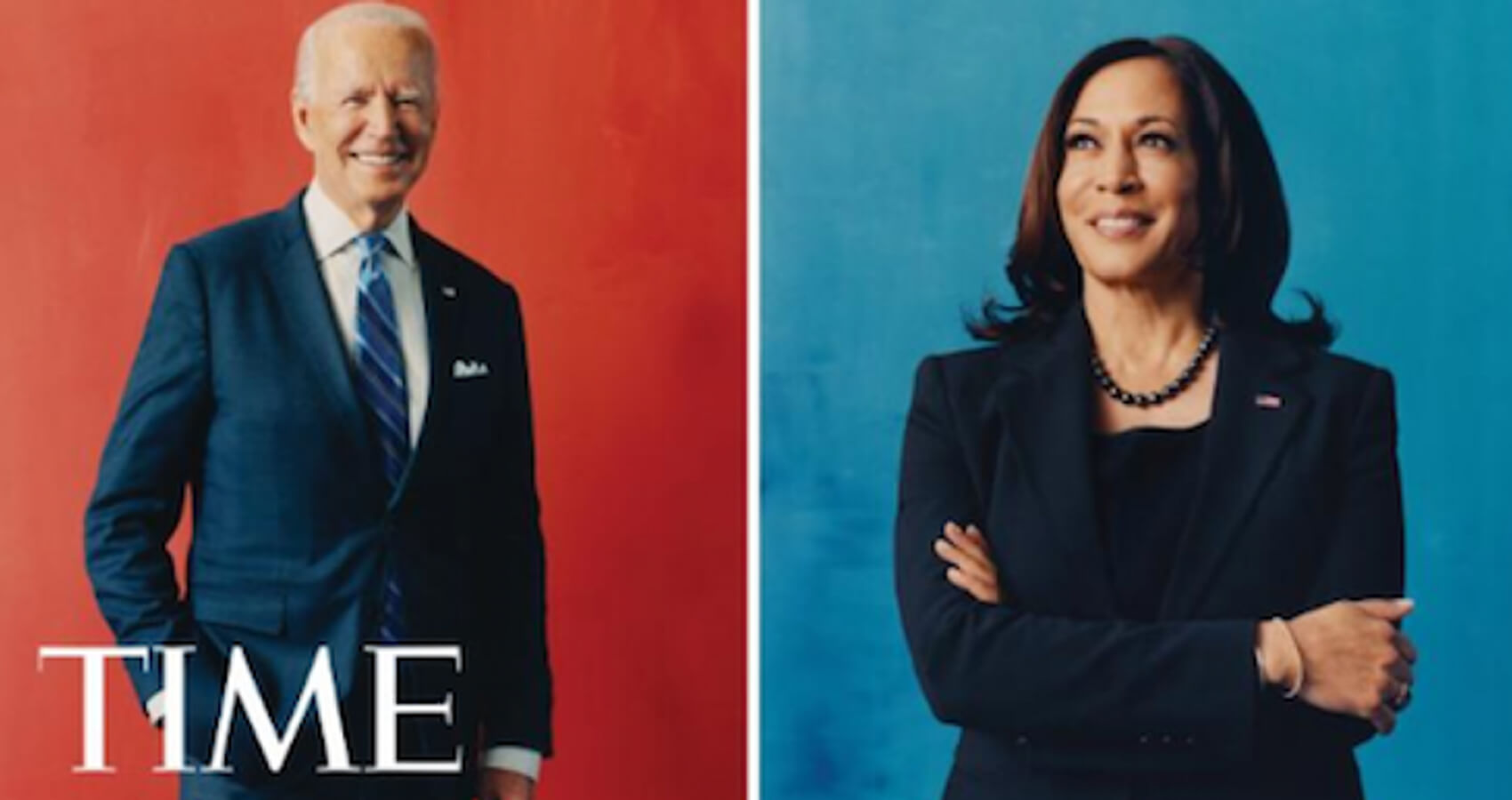Vice President Kamala Harris was in Atlanta to meet with community leaders in the wake of the mass shooting two weeks ago when she summoned top aides to discuss what she would say.Her speechwriter had called in from Washington. Others were seated in front of her in a semicircle. The attacker had killed eight, including six women of Asian descent, and a draft of Harris’s speech had focused on the need for everyone to feel safe.
“That’s true, but it’s more than that,” she told the aides, according to one person familiar with the conversation, who spoke on the condition of anonymity to discuss a private meeting. “It’s about being seen as American and not as the other.”A short time later, after emerging from the meeting with local Asian American leaders, Harris told reporters: “Sadly, it’s not new. Racism is real in America, and it has always been. Xenophobia is real in America, and it always has been. Sexism, too.” With President Joe Biden standing behind her, she ticked through laws discriminating against Chinese immigrants in the 1860s, the internment of Japanese Americans during World War II and attacks against Muslim Americans after 9/11.
“Ultimately, this is about who we are as a nation,” Harris said. Asians “have the right to be recognized as American – not as the ‘other,’ not as ‘them,’ but as ‘us.’ ”For Harris, the use of the collective pronoun was poignant. Though her late mother was an immigrant from India, Harris, 56, whose father is from Jamaica, was raised to identify as Black – a reflection of her mother’s recognition that a young biracial woman would be viewed that way in a society whose racial dialogue was defined principally through a lens of Black and White.Now, amid accounts of rising violence targeting Asian Americans, it is her South Asian heritage that has put Harris in a unique position to give voice to the pain and anger that inspired a nascent political movement.
People who have worked with her said that Harris – although she seldom talks publicly about her Indian background – has an authentic understanding of the trepidation felt by many Asian Americans and shares their sense of urgency. The question, they said, is how far she is willing or able to go to embrace the role of forceful advocate and how much pressure she will face from the Asian American community to act as an influence on Biden to follow through on his pledges to prioritize their concerns.
“Kamala’s speech in Atlanta was very well done. It was clear and to the point. She spoke from a position no other vice president could,” said Shekar Narasimhan, the Indian American chairman of the AAPI Victory Fund, a SuperPAC focused on bolstering political activism among the nation’s 23 million Asian Americans and Pacific Islanders.Though Harris did not offer a personal reflection, “her lived experience is translating on the world stage into that authenticity,” Narasimhan added. “I’m not worried about her representing us or advocating for the right causes. The only thing I preach about her to others is: ‘Be patient.’ She has to have time to find her footing. When she finds her legs, she will be the person we want her to be, to be advocating for us and for communities of color.”
Among Asian American leaders, Harris is widely regarded as a source of pride and as an ally of their causes. Yet they cautioned that her ability to advocate for them could be compromised by her multiple responsibilities as Biden’s deputy. Last week, for example, the president put Harris in charge of managing an influx of unauthorized migrants, mostly from Central America.For months, starting during the campaign and continuing through the transition, Democrats in Congress and community leaders have expressed frustration that Biden has not named more Asian Americans to his senior ranks.
Biden assembled the most racially diverse leadership team of any administration, with people of color making up half of his nominees and appointees.But none of his nominees for the 15 statutory Cabinet positions is an Asian American, breaking two decades of precedent from Presidents George W. Bush, Barack Obama and Donald Trump.
The impatience boiled over last week during a private call between Democratic lawmakers and Biden aides, during which Jen O’Malley Dillon, the White House deputy chief of staff, reportedly pointed to Harris in the discussion over Asian representation in the Cabinet.
Sen. Tammy Duckworth, D-Ill., who is of Chinese Thai descent, later called the remarks “insulting” and announced – along with Sen. Mazie Hirono, D-Hawaii, a Japanese American – that they would oppose all of Biden’s nominees other than those who are racial minorities or LGBTQ. The senators withdrew their threat after the White House hastily agreed to appoint a senior official to focus on Asian American issues, a new position whose duties have yet to be defined.
Duckworth told reporters that White House aides had pointed at Harris “multiple times” over the past year in response to lawmakers’ pressure. She questioned whether the White House would dare tell the Congressional Black Caucus: “Well you have Kamala, so we’re not going to put any more African Americans in the Cabinet.”Biden administration officials said they are working to address lawmakers’ concerns. They noted that the president has been at the forefront of the efforts to address the violence, signing an executive action in January that barred the government from using racist or xenophobic language to describe the pandemic and that instructed the Justice Department to improve hate-crime tracking and prosecutions.
The senators emphasized that their anger was not aimed at Harris, with whom they had collaborated closely when she served on the Congressional Asian Pacific American Caucus as a senator from California.In May, Harris introduced a Senate resolution condemning Trump’s use of “Wuhan virus” to blame China for the coronavirus pandemic, and she joined her former CAPAC colleagues for a celebratory event after the election. She has spoken out numerous times over the anti-Asian hate incidents, including on social media and in an op-ed in the California-based Asian Journal in May in which she accused Trump of “race-baiting.”Yet Asian American leaders have made clear to the White House that Harris, alone, is not enough.
“We need more than the vice president. This is a national issue that deserves the highest level of coordination and a whole-of -government approach,” said Russell Jeung, an Asian American studies professor at San Francisco State University. He is a co-founder of Stop AAPI Hate, an advocacy group that has tallied 3,800 incidents of bias and hate directed at Asian Americans and Pacific Islanders over the past year.
Biden aides responded to the criticism by noting that 15 percent of his Senate-confirmed nominees are Asian American, including U.S. Trade Ambassador Katherine Tai and Surgeon General Vivek Murthy, plus two Cabinet deputies and the directors of the Office of Property Management and the Consumer Financial Protection Bureau. Neera Tanden, an Indian American, failed last month to win Senate confirmation to lead the Office of Management and Budget.
The absence of Asian Americans at the White House has been noticeable. Last month, White House domestic policy adviser Susan Rice and senior adviser Cedric Richmond, both of whom are Black, led a videoconference with Asian American community groups.
Rohini Kosoglu, a Sri Lankan American who serves as Harris’s domestic policy adviser, was the highest-ranking Asian American official in attendance, participants said.
“They got themselves into an unfortunate situation, and they are beginning to understand the problem, but it’s not easy to fix,” said a former Obama administration official, who, like others, spoke on the condition of anonymity to be candid.This person called the new senior official position a “consolation prize” and said the political blowback over the Cabinet “was entirely predictable and having a voice in the White House would have foreseen it.”
In some ways, Harris’s position underscores the complexities of the term “Asian American,” which was coined by activists during the civil rights movement of the 1960s to demonstrate political solidarity in the fight against racism. Experts said the label was purposely broad, loosely tying together a broad and diverse swath of immigrants from East Asia, Southeast Asia and South Asia who do not share a common language, religion or immigration history.
“The concept was a political marker and a political commitment – a commitment to act in solidarity with other Third World people, in the U.S. and abroad,” said Daryl Maeda, an associate professor at the University of Colorado at Boulder. “In the broadest sense, Asian America is a coalition – a highly diverse coalition filled with people of different aims, backgrounds, histories, priorities.”Harris’s mother, Shyamala Gopalan – who raised her two daughters after divorcing Donald Harris when Kamala was 7 years old – was active in the civil rights movement. She recognized early on that Americans would largely view her children as Black and, though she steeped them in elements of Indian culture at home and took them on trips to India to meet relatives and learn about their heritage, she raised them to be aware of that reality.
The family worshiped at an African American church, and Kamala and her sister, Maya, were bused with other Black kids to an elementary school in a wealthier White neighborhood. Harris attended Howard University, a historically Black institution in Washington, D.C., and former classmates have said that they did not learn of her Indian heritage until years after they had graduated and she became a public figure.
In that sense, advocates said, it is through political solidarity, perhaps more so than through cultural affinity, that Harris and the Asian American community have begun to demonstrate their mutual kinship.“When she ran for president, some criticized her for not emphasizing her Indian heritage enough,” said Karthick Ramakrishnan, a political scientist at the University of California at Riverside and co-founder of AAPI Data, a polling and research organization. “She generally had not done much to put herself out there, in terms of not talking much about her identity, but that changed under the glare of the presidential race. What you did see once she was tapped to be vice president was an outpouring of enthusiasm among South Asians and among Asian Americans more broadly.”
They also rallied to her defense in the fall after then-Sen. David Perdue, R-Ga., mocked the pronunciation of Harris’s first name at a Trump campaign rally – a reminder that despite her pedigree, Harris is subject to the “perpetual foreigner” stereotype so often aimed at Asian Americans. The incident prompted a wave of support from actors Kal Penn, Kumail Nanjiani and Daniel Dae Kim, Olympian Michelle Kwan, and comedian Ken Jeong, who led a social media campaign titled #MyNameIs aimed at mobilizing Georgia voters.
Biden and Harris won the state in November, the first time Democrats carried it since 1992, and Perdue was defeated by Democrat Jon Ossoff in his re-election bid.
Asian American identity “is a complex thing,” said Manjusha Kulkarni, executive director of the Los Angeles-based Asian Pacific Policy and Planning Council. “It’s not a true identity that many in the first generation or the second or the third identify with. It’s so broad. It’s a political identity as much as a cultural identity. I didn’t grow up eating dumplings or sushi or using chopsticks, but that doesn’t make me any less or more Asian.”

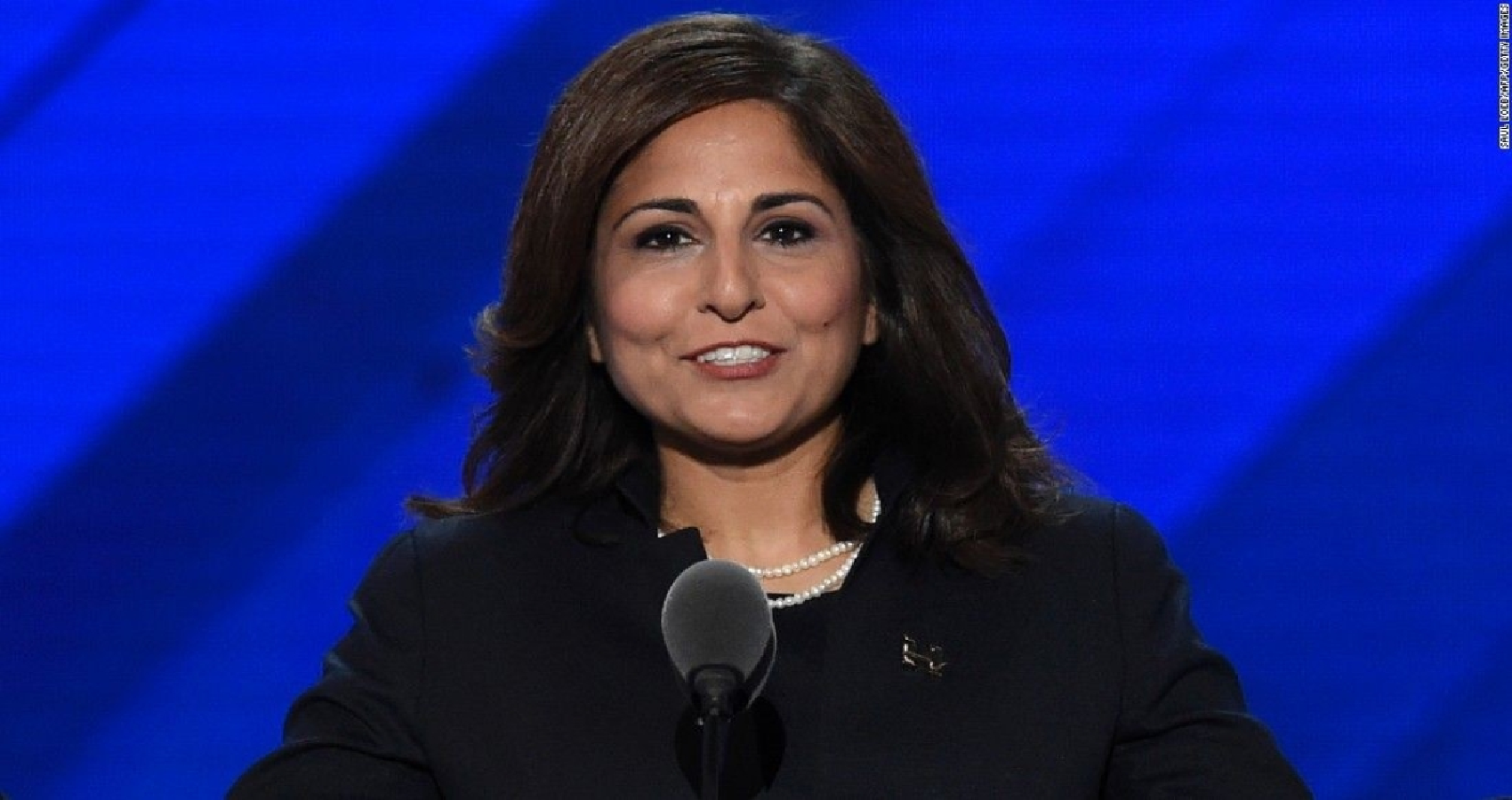

 Actress-politician Urmila Matondkar described Madhuri as “graceful” and “gorgeous” while wishing her.“Wishing a very Happy Birthday to the most gracious, graceful n gorgeous @MadhuriDixitji..lots of love n best wishes always,” wrote Urmila.Actress RaveenaTandon wrote: “Happy Birthday Beautiful! @MadhuriDixitloadsa love and happiness!”Actor Abhishek Bachchan tweeted: “@MadhuriDixit wishing you a very happy, healthy and safe birthday. Lots of love and respect.”
Actress-politician Urmila Matondkar described Madhuri as “graceful” and “gorgeous” while wishing her.“Wishing a very Happy Birthday to the most gracious, graceful n gorgeous @MadhuriDixitji..lots of love n best wishes always,” wrote Urmila.Actress RaveenaTandon wrote: “Happy Birthday Beautiful! @MadhuriDixitloadsa love and happiness!”Actor Abhishek Bachchan tweeted: “@MadhuriDixit wishing you a very happy, healthy and safe birthday. Lots of love and respect.”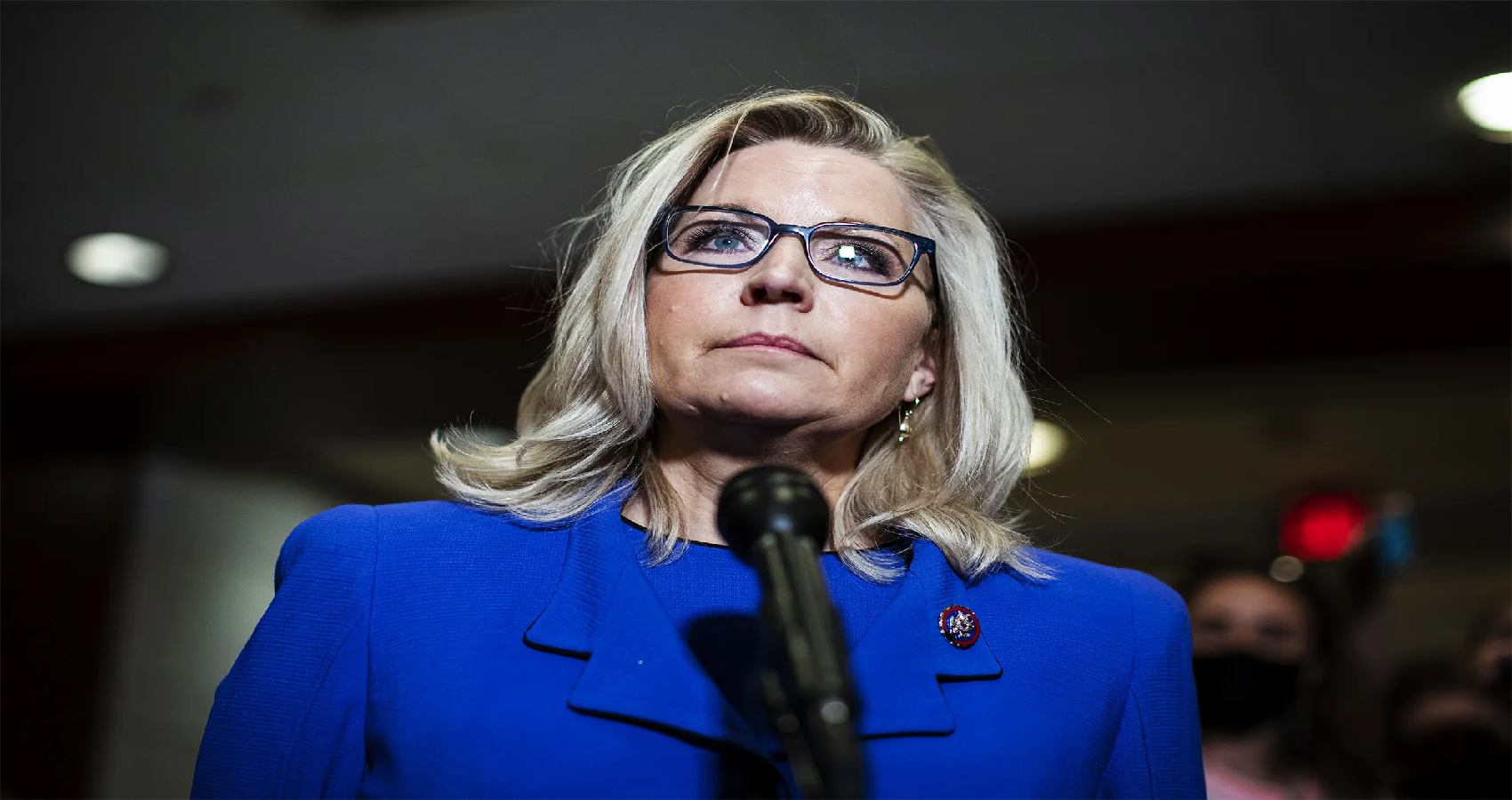

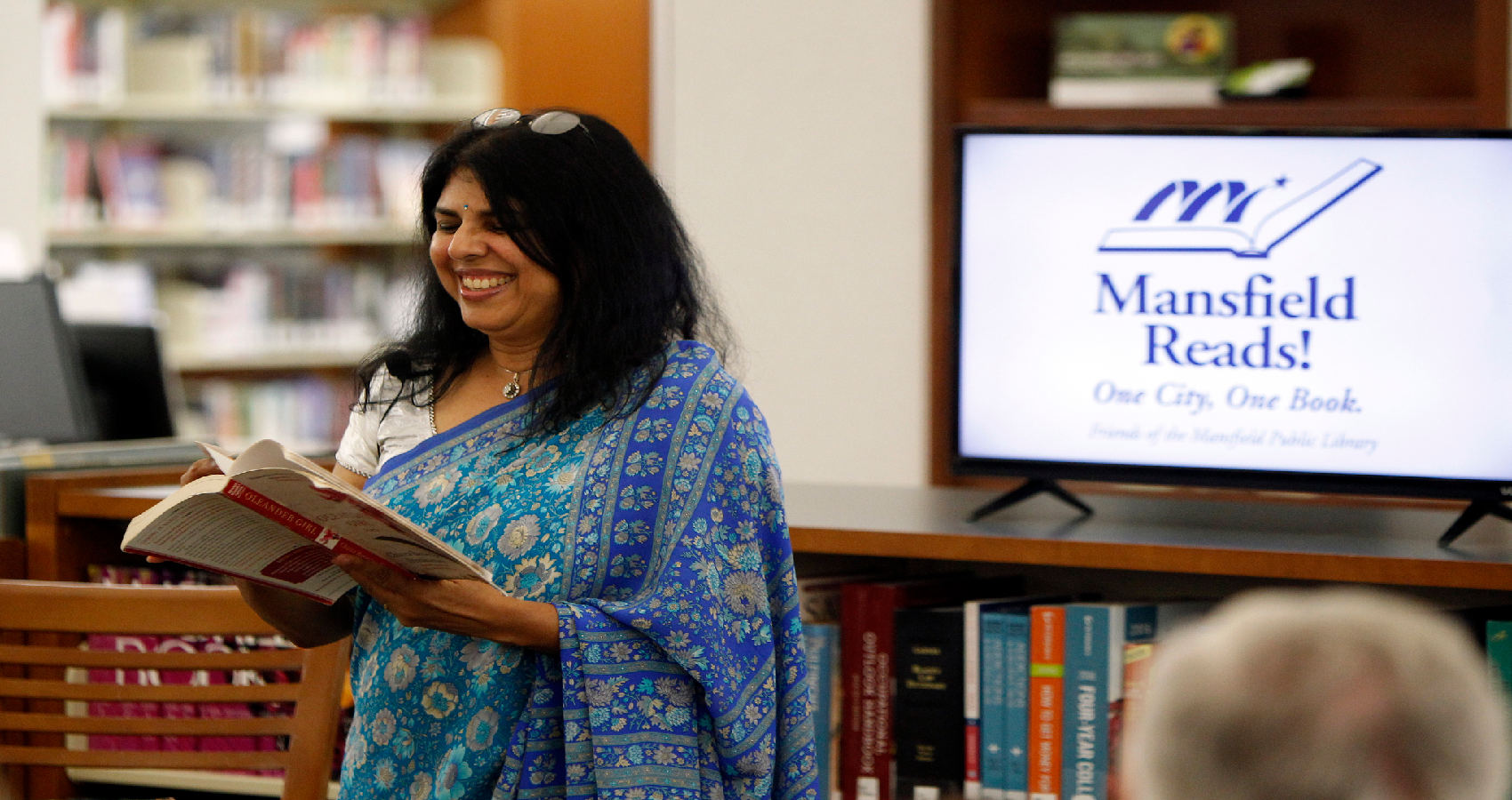
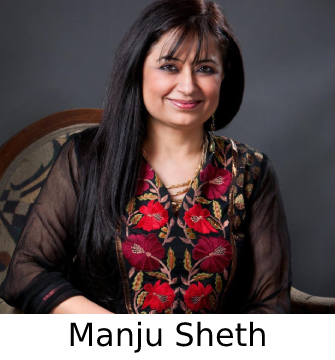 Ms. Banerjee is an award-winning and bestselling author, poet, activist and teacher of writing. Her work has been published in over 50 magazines, including the
Ms. Banerjee is an award-winning and bestselling author, poet, activist and teacher of writing. Her work has been published in over 50 magazines, including the 
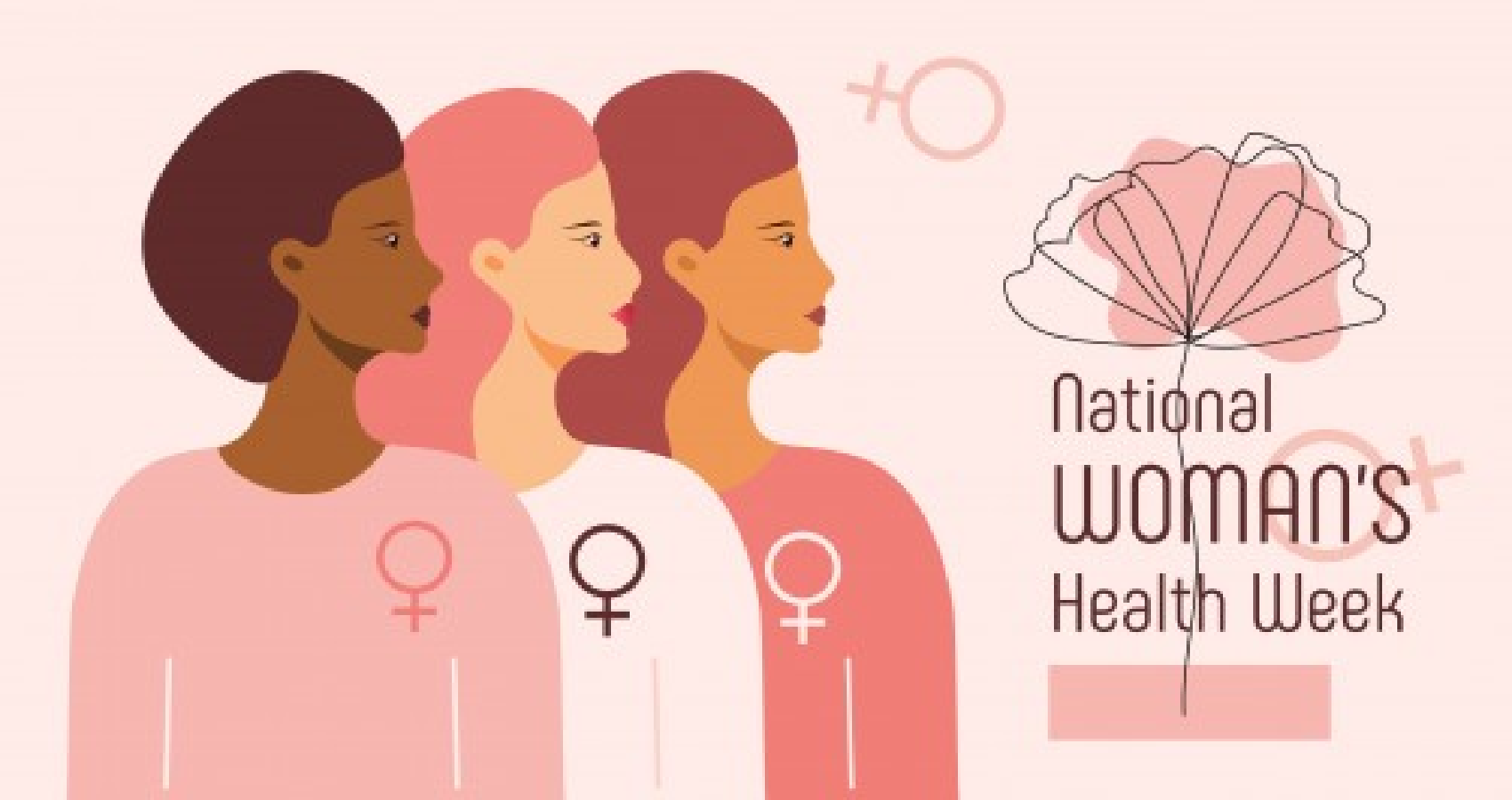

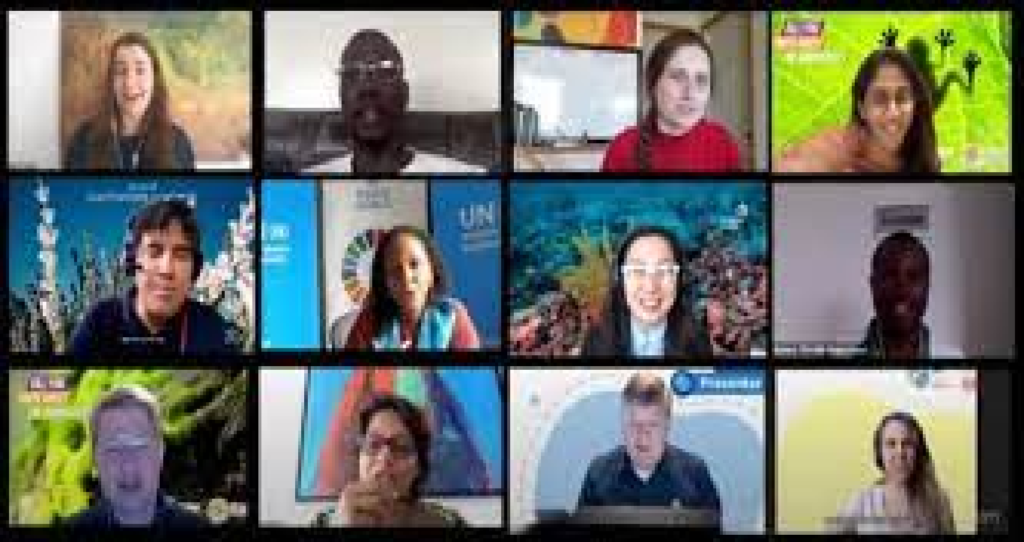 The United Nations Secretary-General’s Envoy on Youth, Jayathma Wickramanayake, told IPS that the Summit achieved an important goal of bringing institutions and political conversations closer to young people. During her tenure, Wickramanayake has advocated for a common set of principles for youth engagement within the UN system, based on rights, safety and adequate financing. She said it is important for institutions to open their doors to meaningful engagement with young people.
The United Nations Secretary-General’s Envoy on Youth, Jayathma Wickramanayake, told IPS that the Summit achieved an important goal of bringing institutions and political conversations closer to young people. During her tenure, Wickramanayake has advocated for a common set of principles for youth engagement within the UN system, based on rights, safety and adequate financing. She said it is important for institutions to open their doors to meaningful engagement with young people.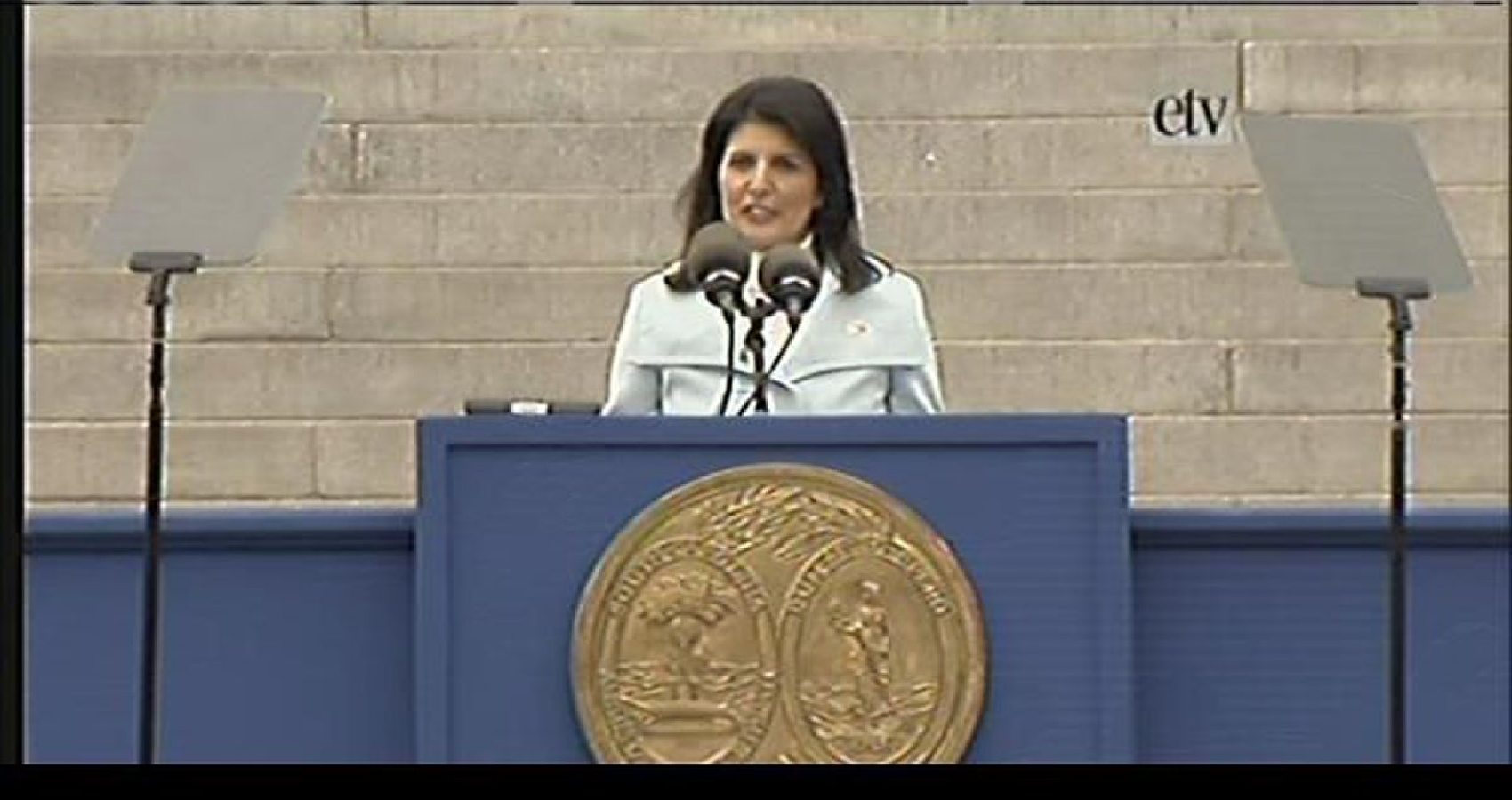
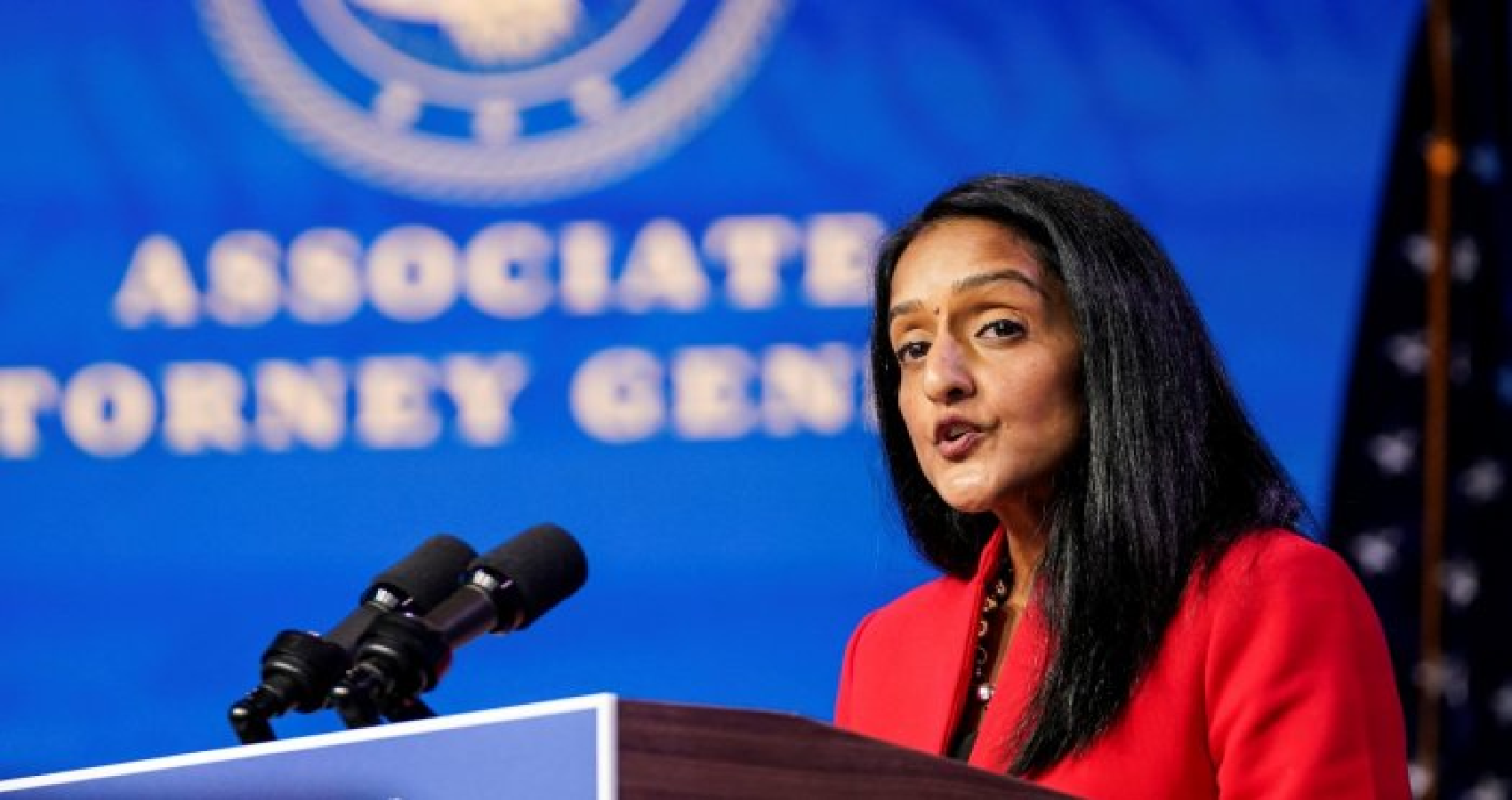


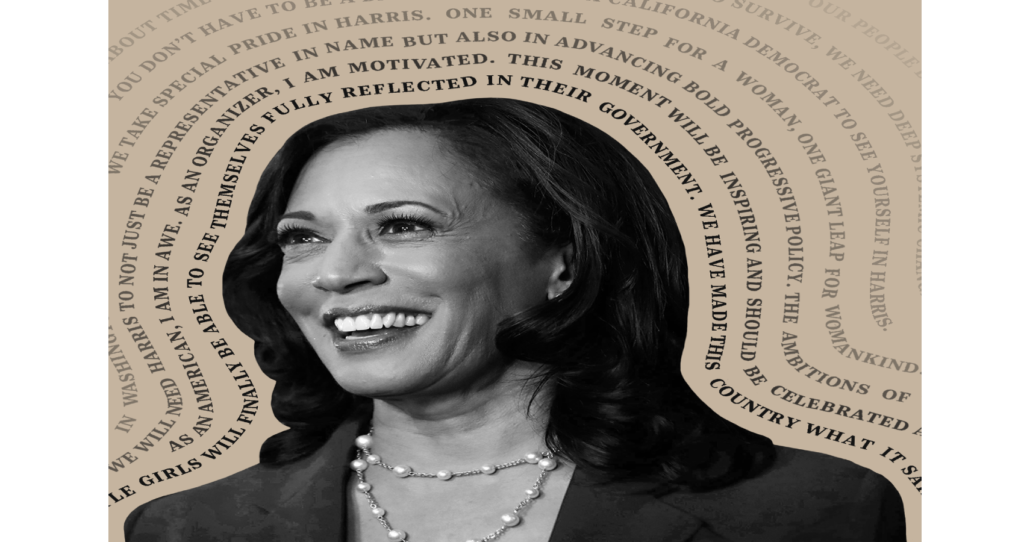 Harris has become increasingly involved in promoting the Biden administration’s infrastructure proposal currently being considered by Congress, known as the American Jobs Plan. She’s taken part in meetings with the Congressional Black Caucus as well as
Harris has become increasingly involved in promoting the Biden administration’s infrastructure proposal currently being considered by Congress, known as the American Jobs Plan. She’s taken part in meetings with the Congressional Black Caucus as well as 
 In Waffles + Mochi, the puppets learn how to make mazamorra morada, a sweet purple corn desert, in Lamay, Peru. Each episode is focused around a specific ingredient. In the sixth episode, the puppets are sent on a mission to collect different types of eggs to bring to chef
In Waffles + Mochi, the puppets learn how to make mazamorra morada, a sweet purple corn desert, in Lamay, Peru. Each episode is focused around a specific ingredient. In the sixth episode, the puppets are sent on a mission to collect different types of eggs to bring to chef 
